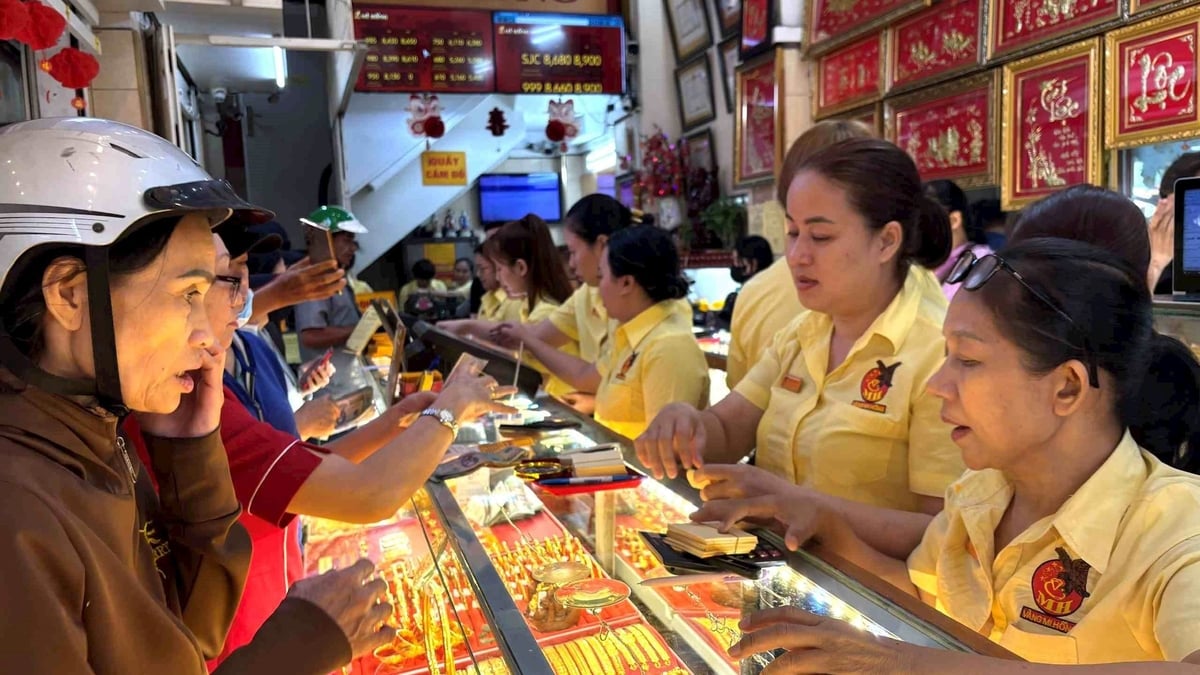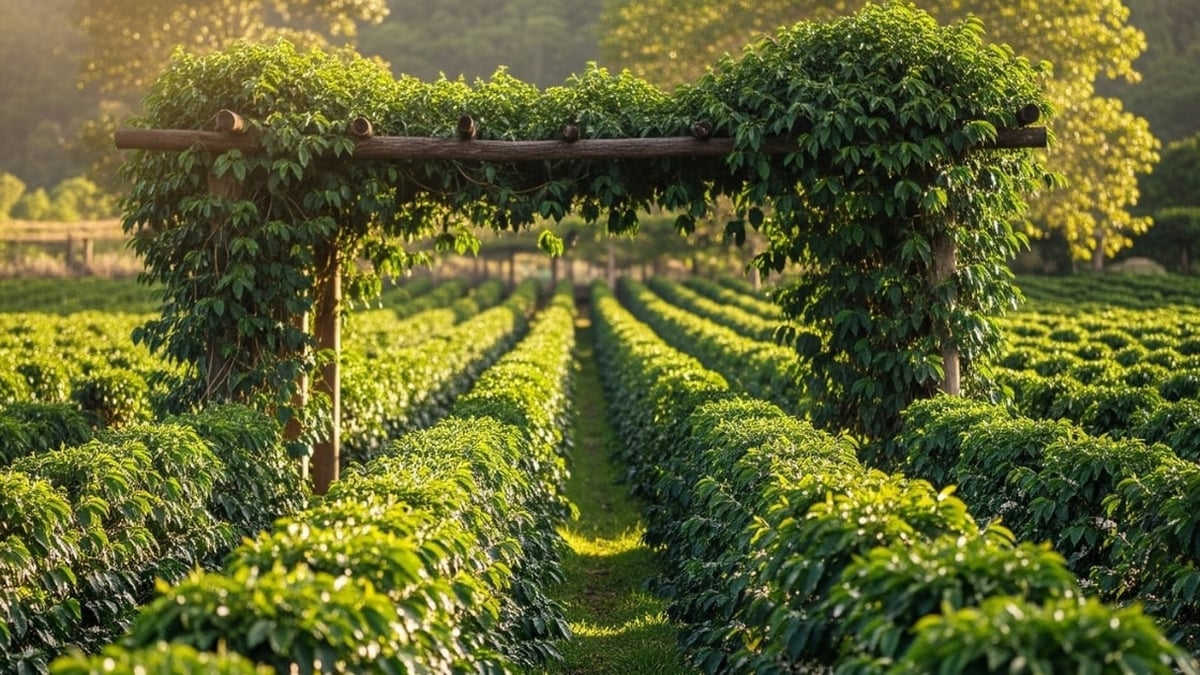( Quang Ngai Newspaper) - Ho Xuan Huong is the only female poet among the seven Vietnamese cultural celebrities honored by UNESCO. Her contributions to the ideology of human liberation, especially women in the feudal era, are considered pioneers of all time.
 |
| Illustration of portrait of Ho Xuan Huong. |
Poet Ho Xuan Huong was the first poet to write about the fate of women who suffered much bitterness, hardship, hardship and misfortune in Vietnamese literature from the 18th century to the first half of the 19th century. Although old, the thoughts of poet Ho showed the bravery of Vietnamese women beyond the times.
Old marks remain forever
Poet Ho Xuan Huong was born in 1772 and died in 1822. She was the daughter of scholar Ho Phi Dien (1704 - 1786), from Quynh Doi village, now Quynh Doi commune, Quynh Luu district, Nghe An province. Although she had the blood of Nghe An, Ho Xuan Huong grew up in Thang Long, so in her personality there was a convergence of the quintessence of two great cultural regions. The frank and upright nature of Nghe An combined with the soft and delicate nature of Kinh Bac, to form a poetess Ho Xuan Huong full of personality, depth and humanity.
The bravery of women in Ho Xuan Huong's poetry transcends time to come to us as a unique and extremely noble affirmation of feminism. Putting the content of women's bravery in Ho Xuan Huong's poetry in modern times, we can see that her poetry is extremely close. She declared the equality of social roles between men and women hundreds of years ago. Women in Ho Xuan Huong's concept are not only beautiful, constantly affirming their beauty, but they also dare to live their own lives, keep their natural duties and demand equality in the deep, secret, eternal aspiration of the species. For these reasons, the UNESCO General Assembly unanimously honored and participated in the celebration of the 250th anniversary of birth and 200th anniversary of death of poetess Ho Xuan Huong and affirmed the international appreciation for the literary and artistic values and especially the ideology of gender equality and women's liberation of poetess Ho Xuan Huong, worthy of being a world cultural celebrity, a poet of the stature of a great poet.
Timeless
Poet Ho Xuan Huong is considered a "strange star", a rare genius in the sky of medieval Vietnamese literature. Ho Xuan Huong's poetry echoes through time to express what even modern women want to express. Beauty is a "copyright" characteristic of women, talking about women means talking about beauty. She affirms the beauty of women both physically and mentally. Aspiring to be herself, to be recognized for her beauty in talent and qualities, women in Ho Xuan Huong's poetry do not hesitate to expose all their bodies from the deepest corners: "My body is both white and round" (Banh Troi Nuoc), "How old are you, my dear? / You are also beautiful and I am also beautiful... Forever young for a thousand years" (To Nu). Poet Ho spoke of the beauty of women as a product of creation, not simply a conscious opposition to feudal views. For that reason, Ho Xuan Huong can be considered a Renaissance author of Vietnamese literature in the Middle Ages.
The beauty of women is also seen by the poetess as comprehensive in her courage and talent, equal to or above men: "This is Xuan Huong's, I have rubbed it" (Inviting Betel), "If I could change my fate to become a man/ Then my heroism would be so great" (De den Sam Nghi Dong)... Women in Ho Xuan Huong's poetry do not stand out in their spiritual beauty according to the feudal view of "three obediences and four virtues", but it is the beauty of confidence, strength, and daring to overcome all barriers of social sanctions to be themselves.
Ho Xuan Huong not only expressed her respect for women, but also promoted their role in society. The poetess Ho went against all the storms of the times to fulfill her role as a lawyer defending the weak. And with the self-respect, dignity and boundless love of a woman, Ho Xuan Huong raised her voice to blend with progressive ideas that transcended time.
CLOUD DAM
Source


























![[Photo] National Assembly Chairman attends the seminar "Building and operating an international financial center and recommendations for Vietnam"](https://vphoto.vietnam.vn/thumb/1200x675/vietnam/resource/IMAGE/2025/7/28/76393436936e457db31ec84433289f72)









































































Comment (0)